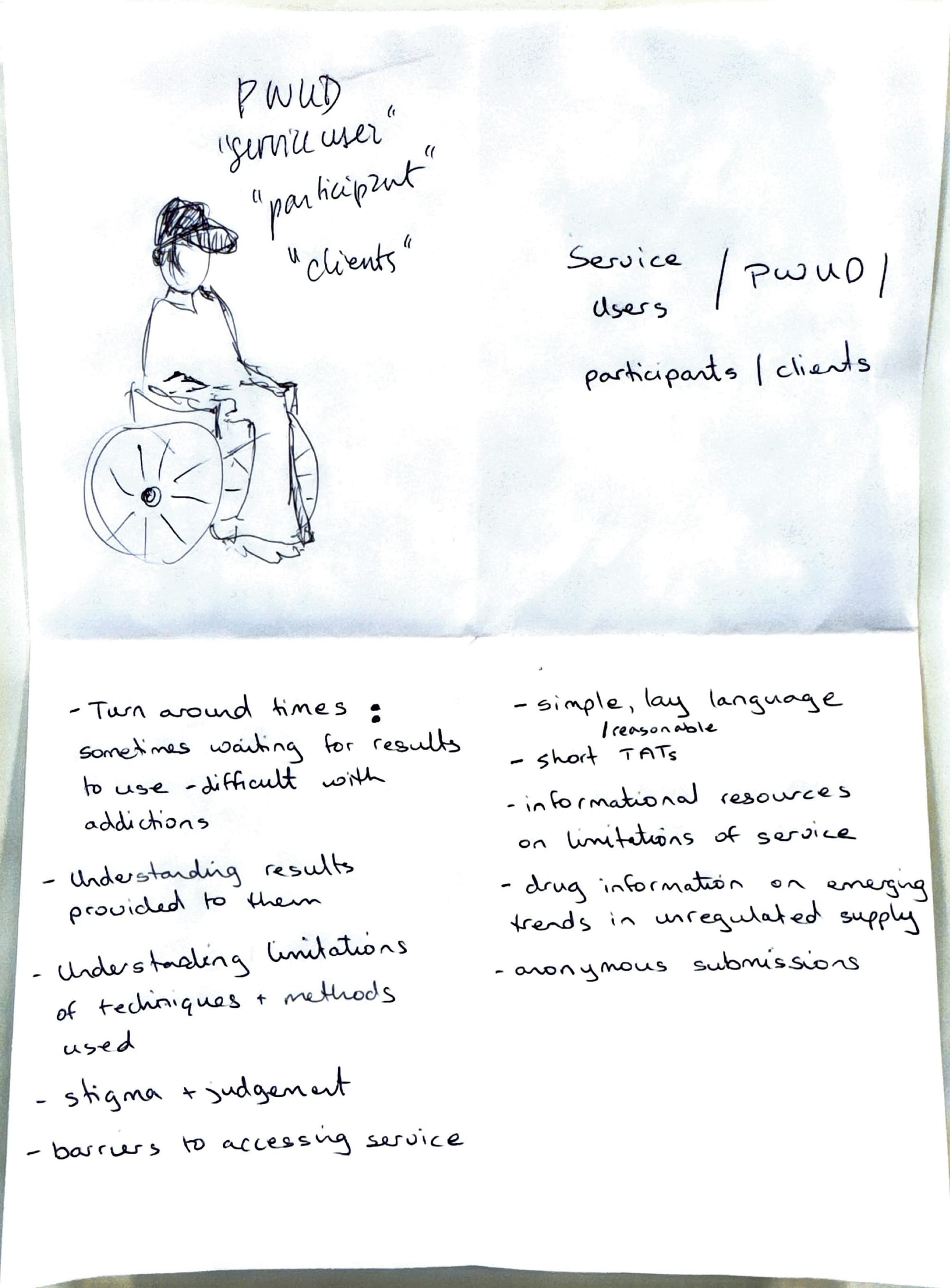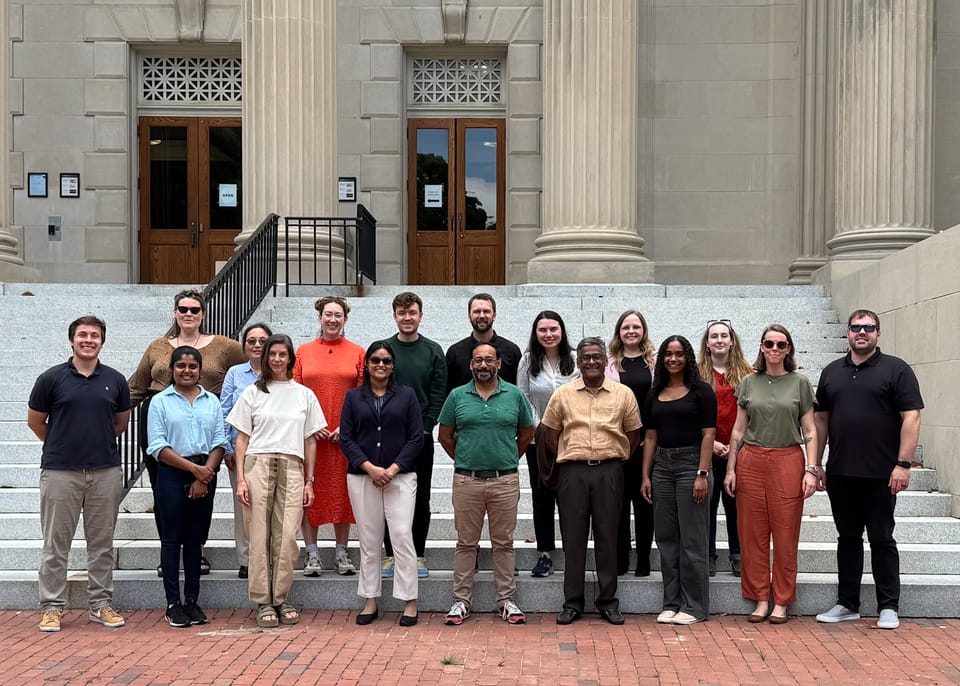Advancing Drug Checking Practices
On June 5-6, 2024, laboratory technicians and researchers from across North America gathered at the University of North Carolina at Chapel Hill for a groundbreaking summit on laboratory-based drug checking practices. The event, supported by NACCHO, and co-hosted by Remedy Alliance, brought together experts from various institutions to discuss current operations, challenges, and future collaborations in laboratory drug checking.
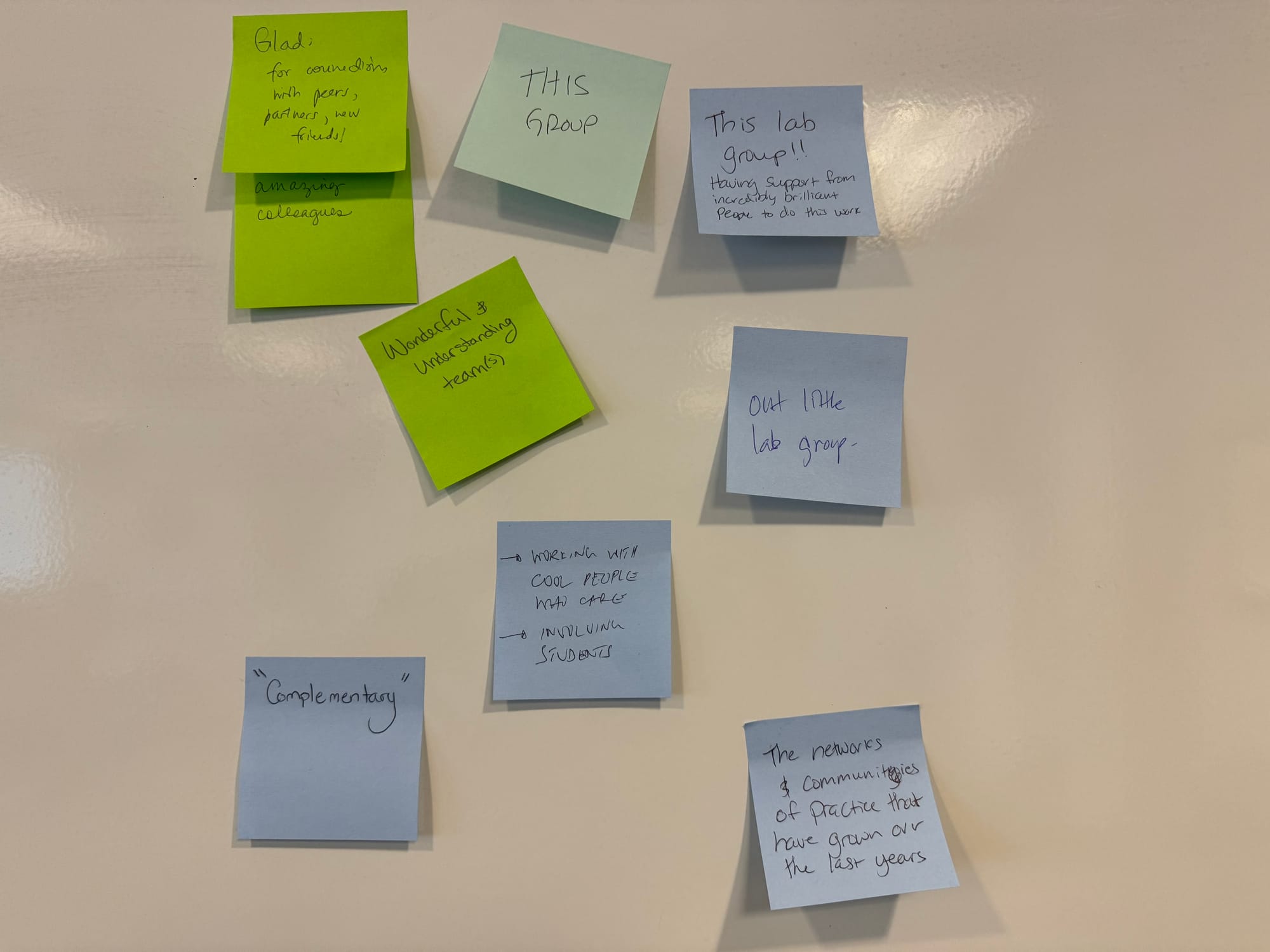
Key Takeaways
- Diverse Approaches: Participants shared their varying methods for sample collection, preparation, and analysis. Technologies ranged from high-resolution GCMS to LCMS to DART-MS to QTOF to FTIR, showcasing the range of tools available for drug checking currently.
- Standardization Efforts: A major focus was on standardizing practices across labs. Discussions covered quantitative vs. qualitative analysis, data designations (major/minor/trace), and the use of reference standards. Standardization for data and interpretation were also discussed.
- Data Sharing and Privacy: Attendees addressed the complexities of data collection and sharing, emphasizing the need for transparency with harm reduction partners and protecting privacy.
- Funding Challenges: Labs reported relying on a mix of government grants, fee-for-service models, and donations. Sustainable, long-term funding remains a critical need.
- Legal Considerations: The group discussed the legal grey areas of drug checking, highlighting the need for policy changes to protect both service providers and users.
- New Technologies: Evaluation of emerging handheld devices was a hot topic, with emphasis on rigorous testing before field deployment.
- Advocacy Role: Participants debated the role of laboratory drug checkers in influencing drug policy, recognizing the need for education and collaboration with existing advocacy groups.
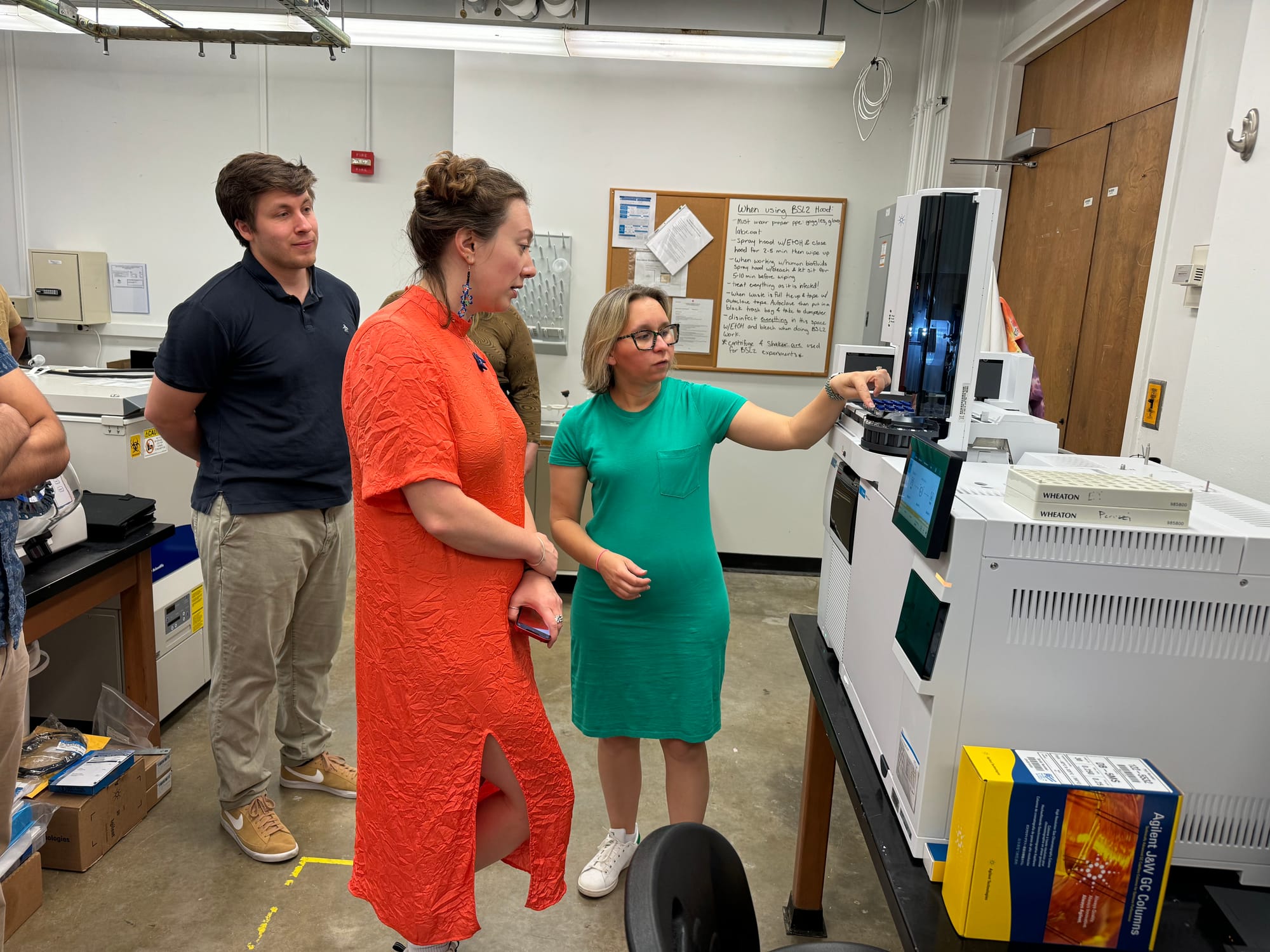
Looking Ahead
The summit concluded with plans for continued collaboration, including:
- Regular virtual meetings to discuss new compound identifications
- Development of best practice guidelines and educational resources
- Exploration of a shared website or Slack channel for ongoing communication
- Potential for a follow-up summit in 2025
This gathering marks a significant step forward in the field of drug checking, fostering a community of practice that aims to enhance harm reduction efforts and save lives in the face of an ever-changing drug supply landscape.
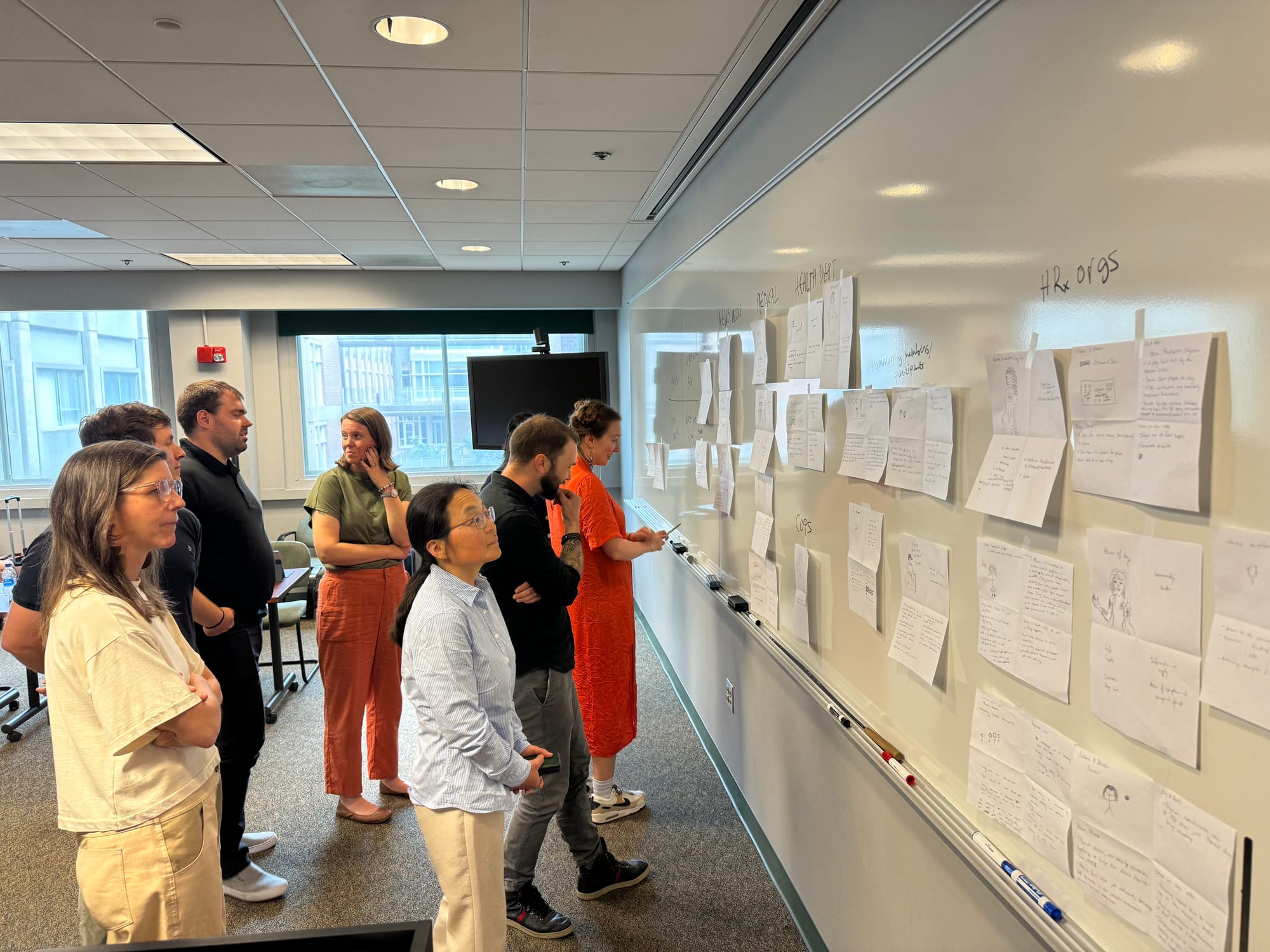
Lab Organizations Represented at the Lab Technician Summit 2024
- University of North Carolina (UNC) at Chapel Hill
- Host of the summit
- Operates a drug checking lab with 160 sites across 34 states
- Toronto Drug Checking Service
- Operates 6 safe consumption sites (with 5 more planned)
- Uses multiple collection sites including CAMH and St. Mike's Hospital
- University of California, San Francisco (UCSF)
- Previously supported community-based drug checking program
- Working with EBDC and planning to support programs in California
- National Institute of Standards and Technology (NIST)
- Federal agency involved in drug checking, mail-based collection
- Uses DART-MS and LC-QTOF for analysis
- Center for Forensic Science Research & Education (CFSRE)
- Analyzes about 2000 samples/year from across the US, multi-instrument capabilities
- Major resource for drug information.
- California Department of Public Health (CDPH)
- State public health laboratory involved in drug checking
- Newer on solid drug samples but enthusiastic
- DC Department of Forensic Sciences
- Supports randomized drug submissions from harm reduction partners
- Syringe residue and other materials available
- Massachusetts Drug Supply Data Stream (MADDS)
- Covers 15 sites across Massachusetts and New England
- Provides training and custom software, thought leadership
- DrugsData (Erowid Center)
- Accepts samples by mail from across the country
- Longest running drug checking program in North America
- Connecticut State Public Health Laboratory
- Operates 3 active sites with 2 more coming online
- University of Notre Dame
- Analyzes trace residue from test strips and baggies; develops test strip technology
- Starting to support community drug checking locally
- Rhode Island Hospital Toxicology Lab
- Works with community partners to analyze drug samples via LCMS
- Also receives blood and hospital samples
- Colby College
- Supports Maine Health and trains students in the field
- Lab for Maine drug checking
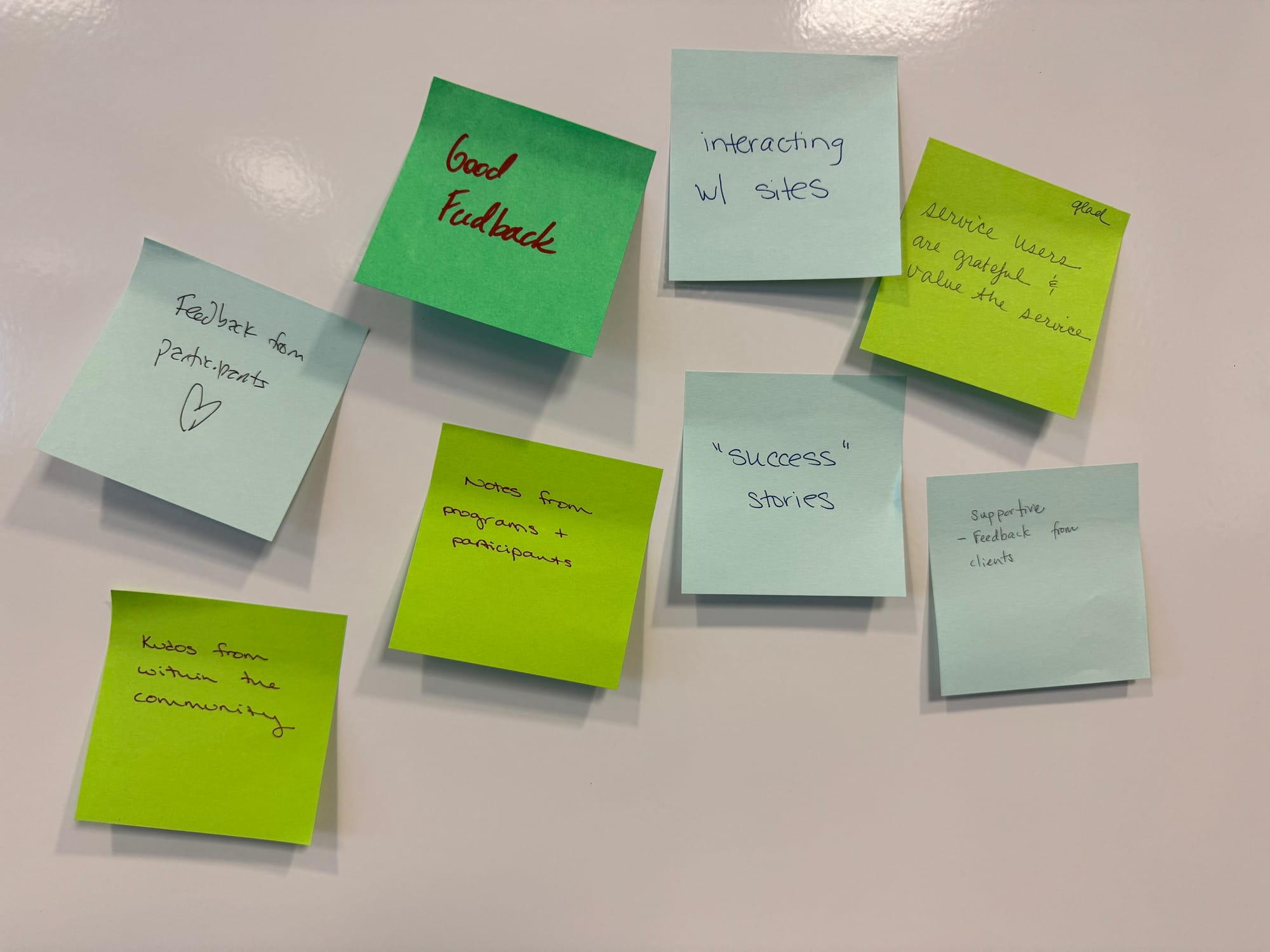
These organizations represent a mix of academic institutions, public health laboratories, forensic science centers, and community-based programs, all contributing to the field of drug checking and harm reduction.
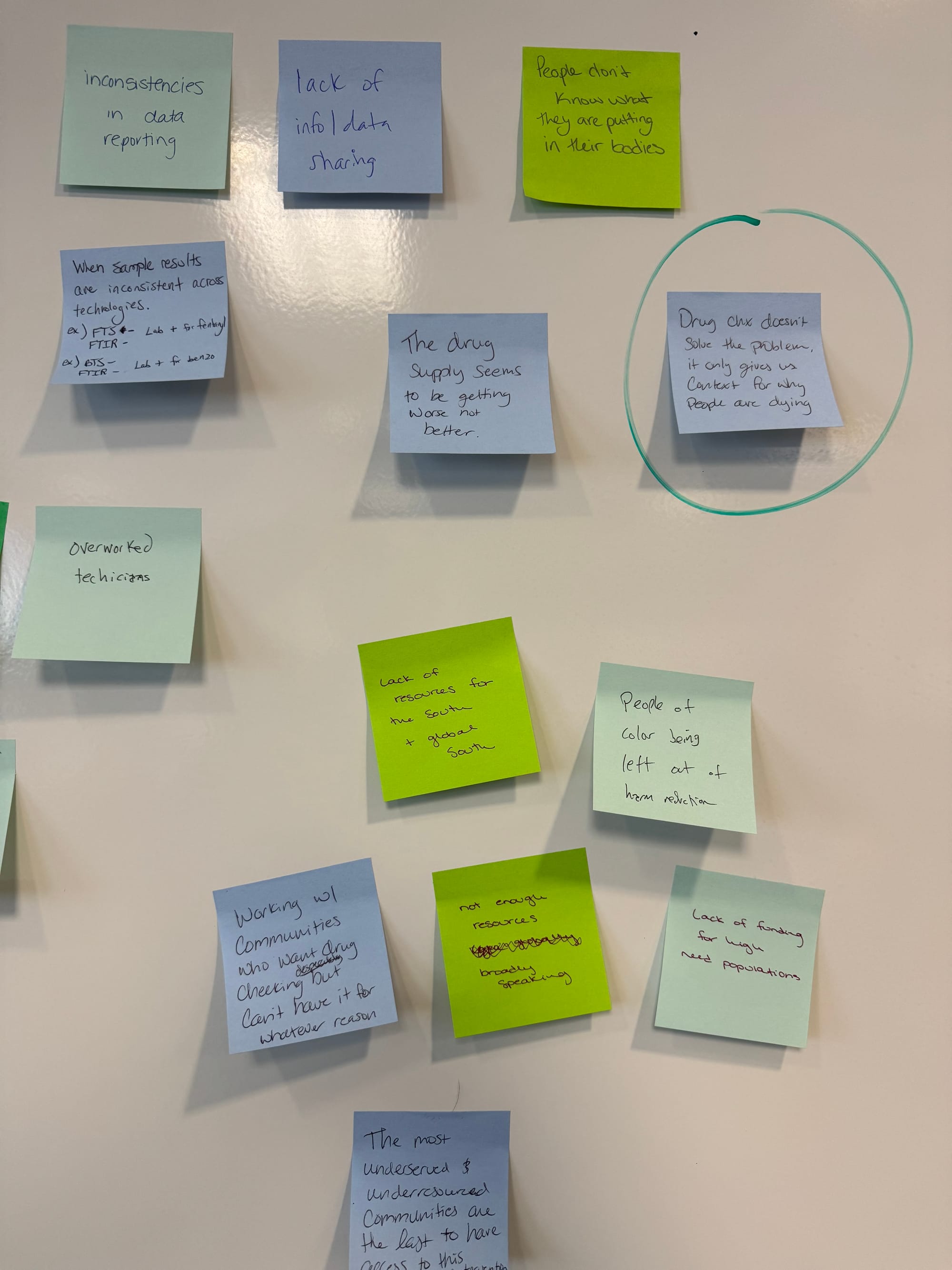
And here are the individuals who made the trip to Chapel Hill.
- Erin Tracy
- Nab Dasgupta
- Adina Badea
- Joshua DeBord
- Alex Krotulski
- Meera Bissram
- Elise Pyfrom
- Meghan Appley
- Hirudini Fernando
- Sne Parikh
- Na Li
- John Halifax
- Sylvia Thyssen
- Cole Altomare-Jarczyk
- Das Thamattoor
- Savannah Fay
- Clare Schmidt
- Julie Karr
